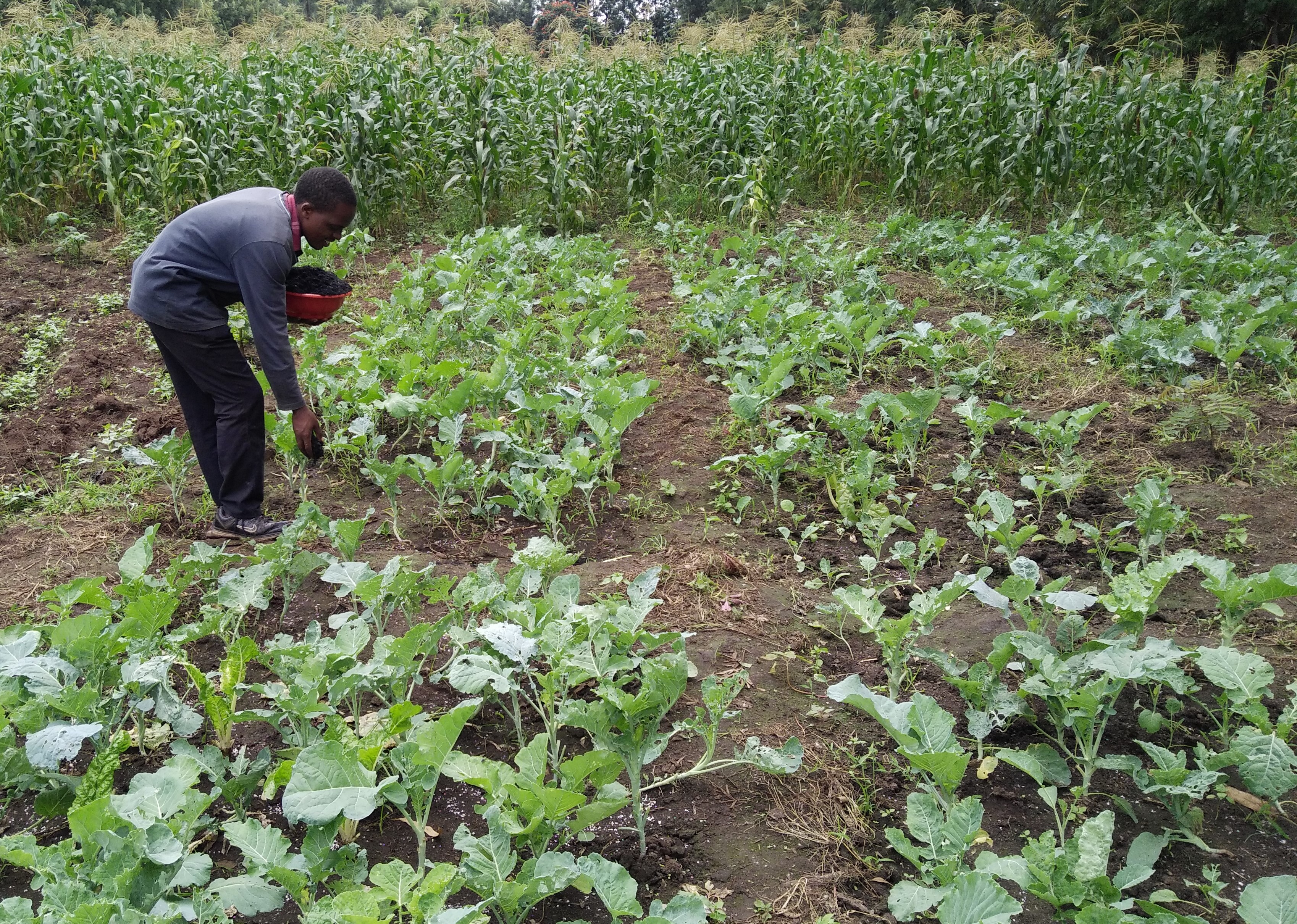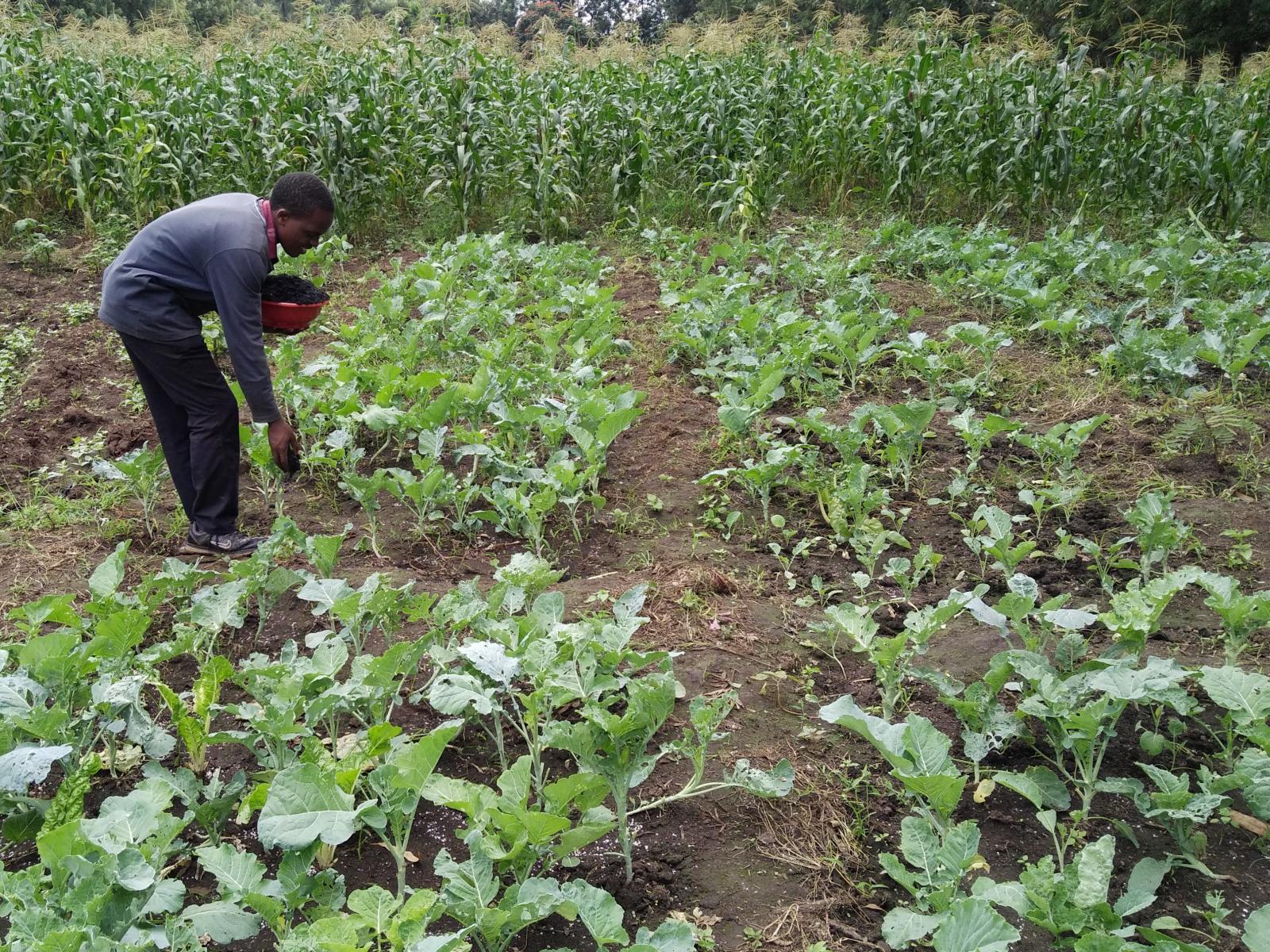An Overview Of Our Solution
- Population Impacted:
- Continent: Africa
Organization type
Population impacted
Size of agricultural area
Production quantity
People employed
Describe your solution
Describe your implementation
External connections
What is the environmental or ecological challenge you are targeting with your solution?
Describe the context in which you are operating
Current fertilizer production involves a trade-off between capital expenditure and operational complexity. Most large centralized fertilizer production processes (e.g. OCP, Mosaic) are very capital-intensive (US10M+ in capital investment) but are reasonably efficient in operations. Due to the centralized production, it costs tremendously in transportation to get such product to our target market in rural areas in emerging economies. On the other hand, there are many small-scale, decentralized composting projects (such as Sanergy) that are inexpensive to set up, but takes excruciatingly long (it takes weeks to months to complete), and therefore operationally expensive. We have worked with many of these projects in the past (primarily in the Kenyan and Indian context), and have visited numerous composting technologies to understand their fundamental economics. From a comparative analysis with these alternatives, our process costs roughly the same as traditional composting to install, but is 100 times faster (we can process agricultural waste into fertilizer in a matter of 2 hours). We therefore push the current frontier in the CapEx-OpEx trade-off, and do things both faster and cheaper in the fertilizer industry. At the same time, as a side benefit, our solution also sequesters carbon into the soil in the form of carbon-rich substrates from biomass torrefaction. This also uniquely sets our solution apart from the traditional fertilizer production processes.
How did you impact natural resource use and greenhouse gas emissions?
Language(s)
Social/Community
Water
Food Security/Nutrition
Economic/Sustainable Development
Climate
Sustainability
In the short term (2015-2017), we primarily operate our own pilots in different villages in Kenya in order to maximize control and learning: we buy farm waste directly from farmers, operate our own facilities to turn the waste into soil conditioner, package the product, and then sell the product to distributors and/or directly to farmers. We have demonstrated our production cost to be $138/ton, and we sell the fertilizer at between $160-210/ton, which is what farmers in the area are willing to pay. In the medium term (post-2017), as we show the success of our own processing facilities, we will expand to other areas of Kenya and other countries through a franchising model.
Return on investment
Entrant Image

Entrant Banner Image

